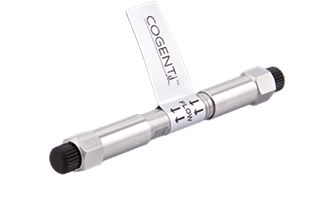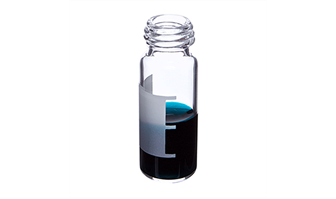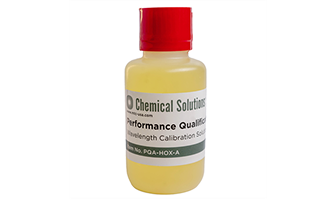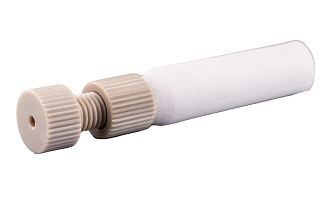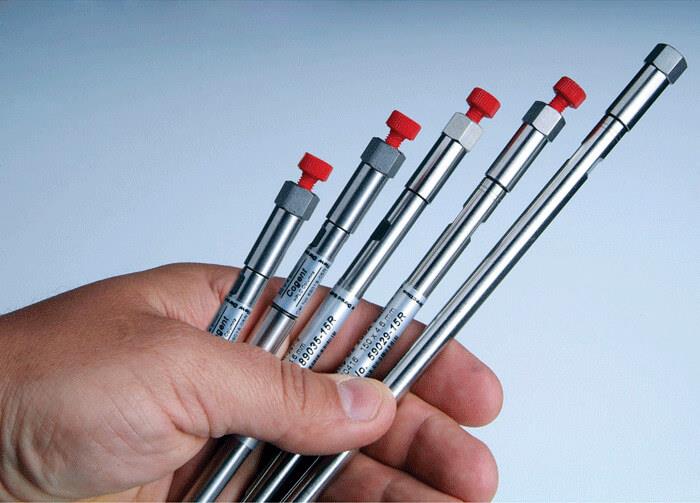Innovative Solutions for Your Chromatography Needs
At MICROSOLV, we specialize in advanced chromatography products and lab consumables engineered to meet the precision demands of modern research. Backed by decades of family-led expertise, our solutions are designed to optimize your workflows, improve reproducibility, and drive scientific success. Discover the reliability and innovation trusted by chromatographers worldwide.


